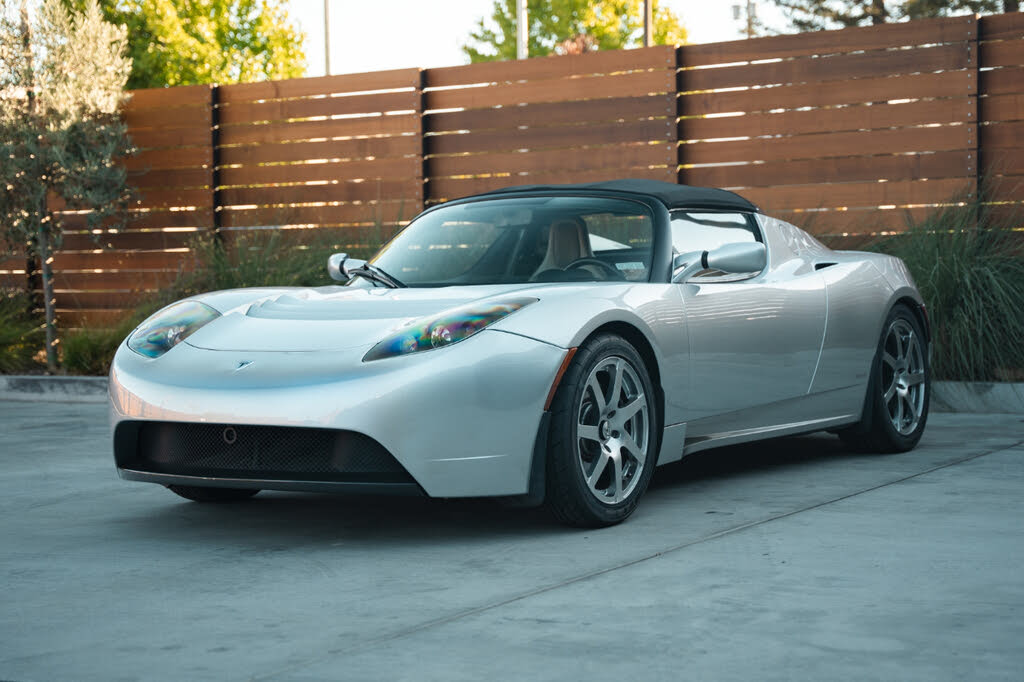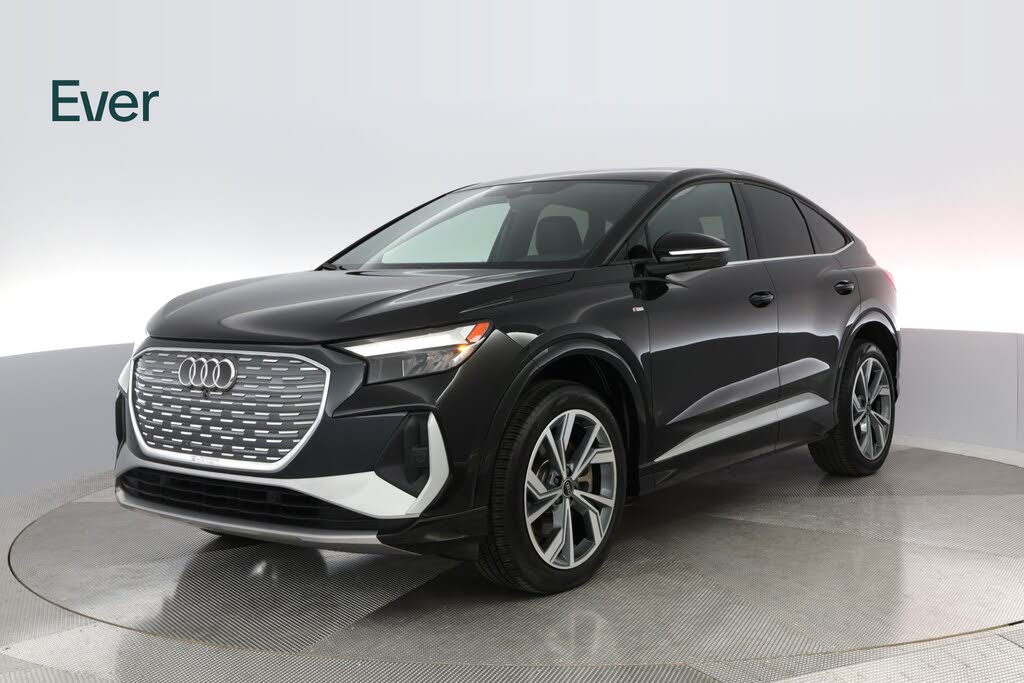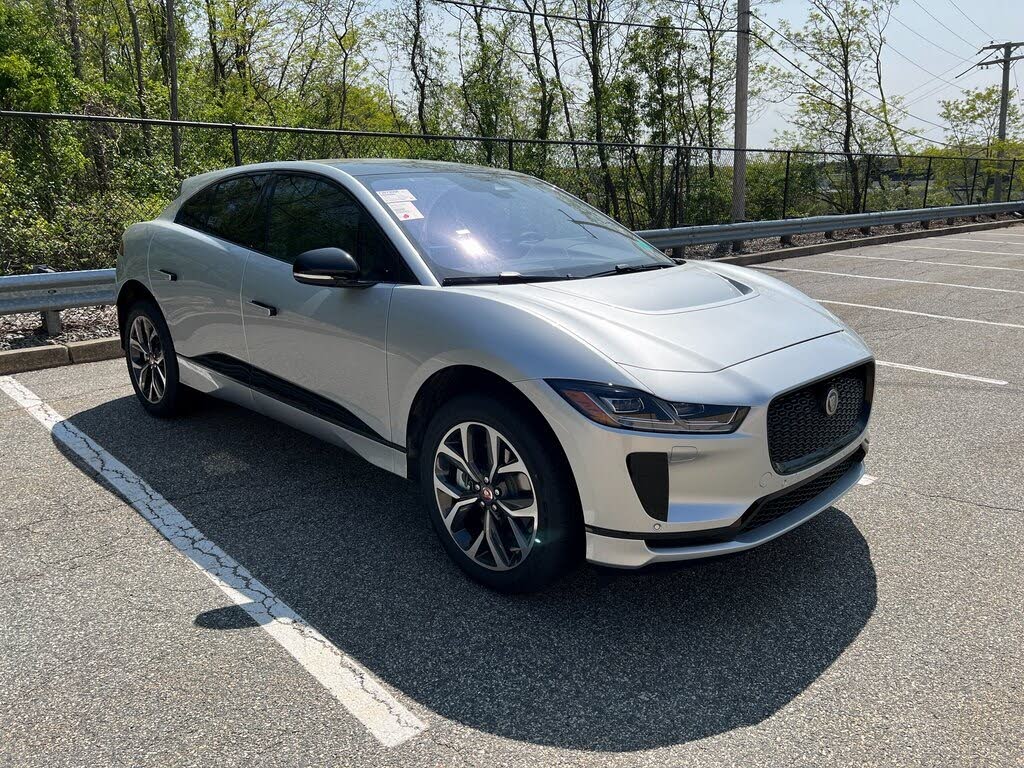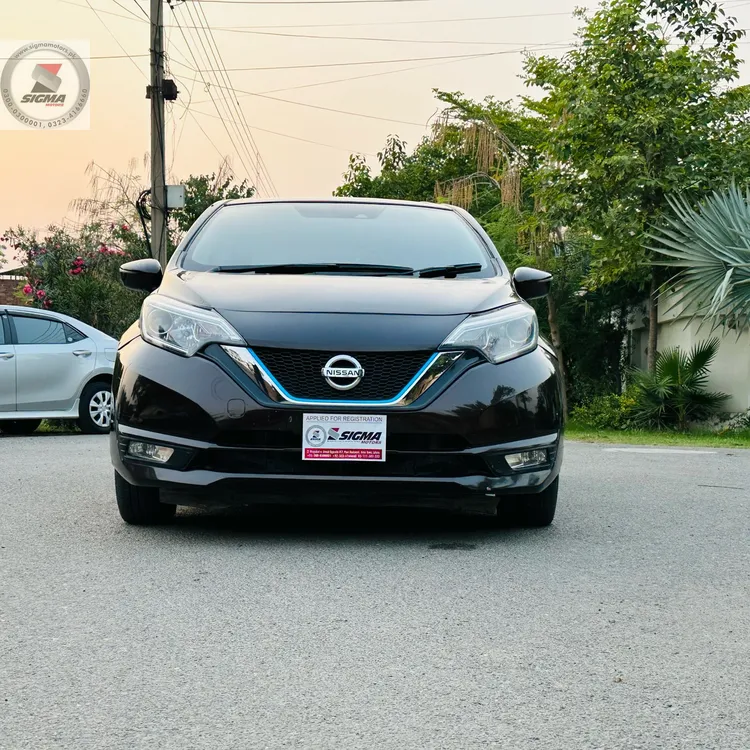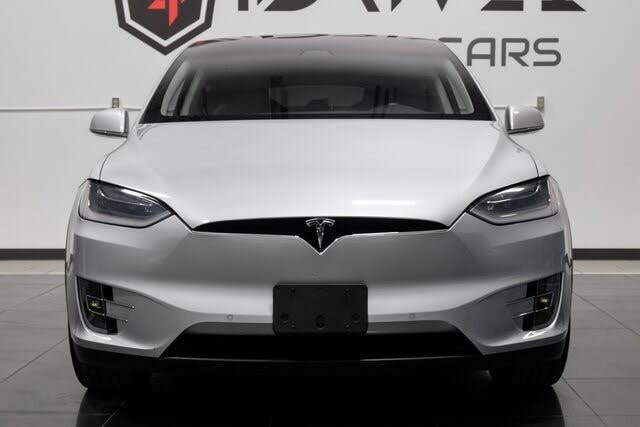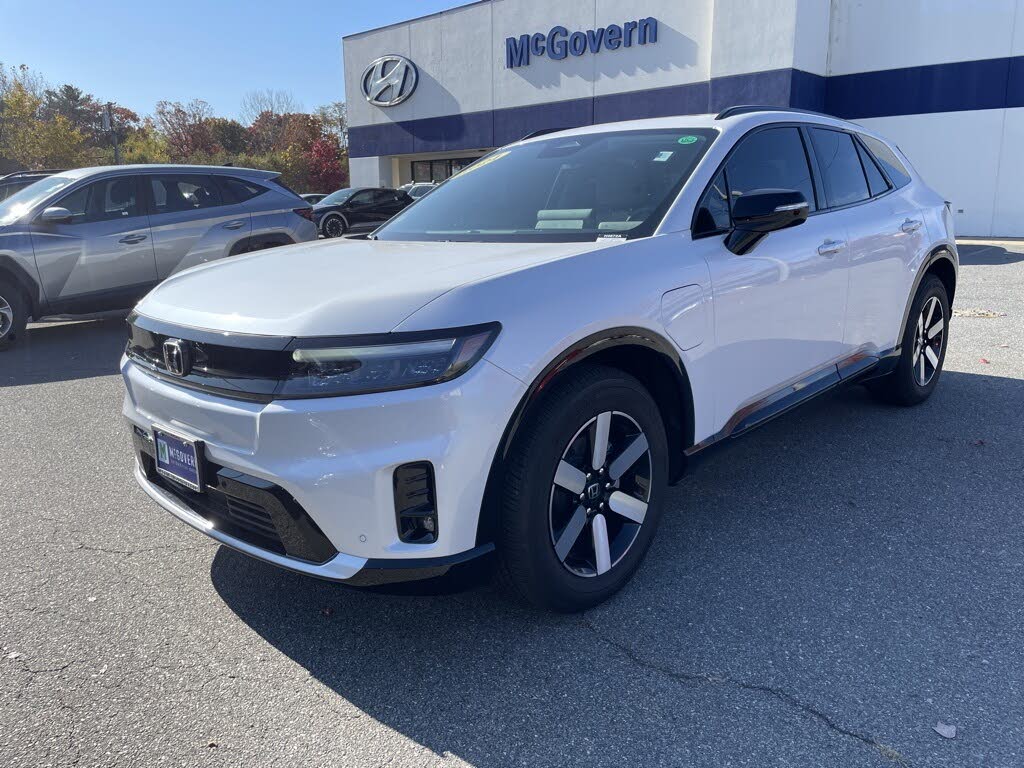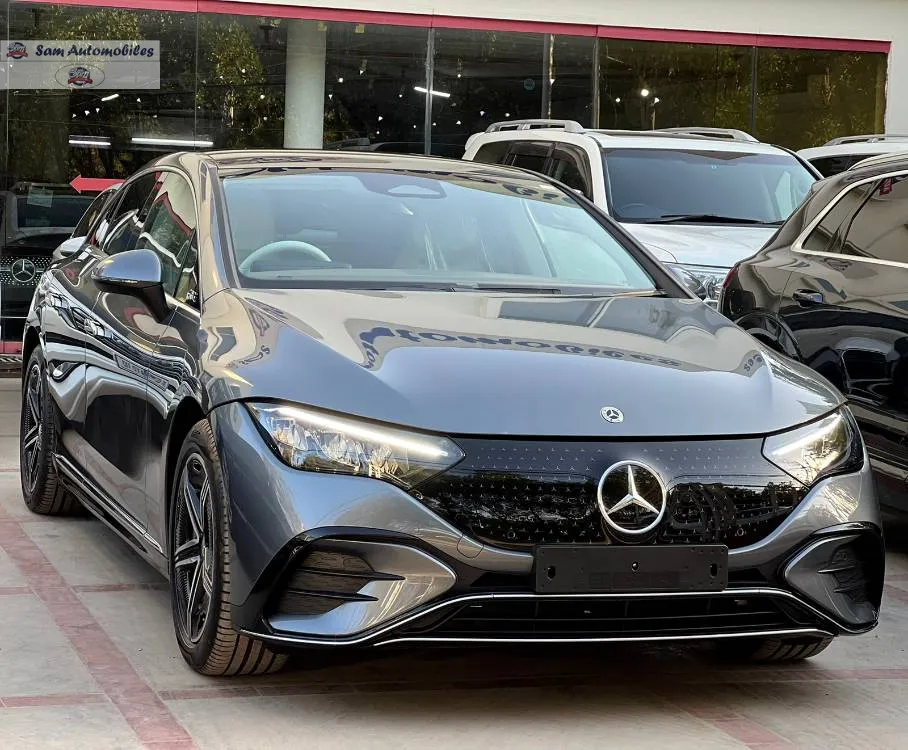Home > News & Blogs > Tesla Issues Major Recall to Address Safety Concerns with Full Self-Driving Technology
Tesla Issues Major Recall to Address Safety Concerns with Full Self-Driving Technology
Tesla Recalls 362,000 Vehicles Due to Full Self-Driving Safety Concerns
Overview of the Tesla Recall
In a significant development, Tesla has issued a recall for more than 362,000 vehicles across its lineup due to safety concerns related to its Full Self-Driving (FSD) Beta feature. The recall affects various Tesla models from 2016 to 2023, and it comes after scrutiny from the National Highway Traffic Safety Administration (NHTSA).
The issue stems from FSD Beta’s potential to allow vehicles to engage in unsafe driving behaviors, particularly at intersections. These risks include proceeding through an intersection in a turn-only lane, failing to stop completely at stop signs, and not exercising caution at yellow traffic signals. Additionally, the system may not properly adjust to changes in posted speed limits or adequately account for driver inputs exceeding the speed limit.
--TOP ADVERTISEMENT HERE--
Which Tesla Models Are Affected?
The recall applies to Tesla vehicles equipped with FSD Beta software or pending installation. The affected models include:
- 2016-2023 Tesla Model S
- 2016-2023 Tesla Model X
- 2017-2023 Tesla Model 3
- 2020-2023 Tesla Model Y
Owners of these vehicles are urged to check their software version and stay updated with Tesla’s forthcoming over-the-air (OTA) update, which aims to address these safety concerns.
Details of the Full Self-Driving Safety Concerns
According to the NHTSA, Tesla's FSD Beta system may lead to the following hazardous driving behaviors:
- Proceeding through intersections incorrectly, such as driving straight from a turn-only lane.
- Failing to come to a full stop at intersections with stop signs.
- Entering intersections during a steady yellow light without exercising proper caution.
- Insufficient response to posted speed limit changes.
- Failure to adequately consider driver inputs that exceed speed limits.
- --FIRST CONTENT ADVERTISEMENT HERE--
These behaviors significantly increase the risk of collisions, prompting the recall and subsequent software fix.
Tesla’s Response to the Recall
While Tesla has not agreed with the NHTSA’s assessment, the company has decided to comply with the recall requirements. The automaker plans to roll out a free software update via OTA updates to rectify the issues raised by the federal agency. Tesla expects to notify affected owners beginning April 15.
For additional information or assistance, Tesla owners can contact:
- Tesla Customer Support: 877-798-3752
- NHTSA Vehicle Safety Hotline: 888-327-4236
- Official NHTSA Website: Check VIN for recalls
The Broader Impact on Tesla and Autonomous Driving
This recall raises broader questions about the safety and regulatory oversight of autonomous driving systems. Tesla's FSD Beta program has long been a subject of controversy, with critics arguing that real-world testing on public roads presents significant risks. The recall could influence future regulations for self-driving technology and place increased scrutiny on automakers developing similar systems.
--SECOND CONTENT ADVERTISEMENT HERE--
Despite Tesla’s aggressive push towards fully autonomous driving, incidents like this highlight the challenges of achieving safe and reliable self-driving capabilities. As regulatory bodies, safety experts, and the general public continue to debate the future of autonomous driving, Tesla remains at the forefront of innovation while also facing increasing regulatory challenges.
What Tesla Owners Should Do Next
If you own an affected Tesla vehicle, follow these steps to ensure your safety:
- Check if your vehicle is included in the recall by entering your Vehicle Identification Number (VIN) on the NHTSA recall website.
- Monitor Tesla’s announcements regarding the upcoming OTA software update.
- Update your vehicle’s software as soon as the fix is released.
- Remain vigilant while using Full Self-Driving features and adhere to all local traffic laws.
While Tesla's software-based approach to recalls minimizes inconvenience, owners should take this recall seriously and install the update as soon as it becomes available.

Motorvero Richy
Last Updated On Mar, 08-2025




